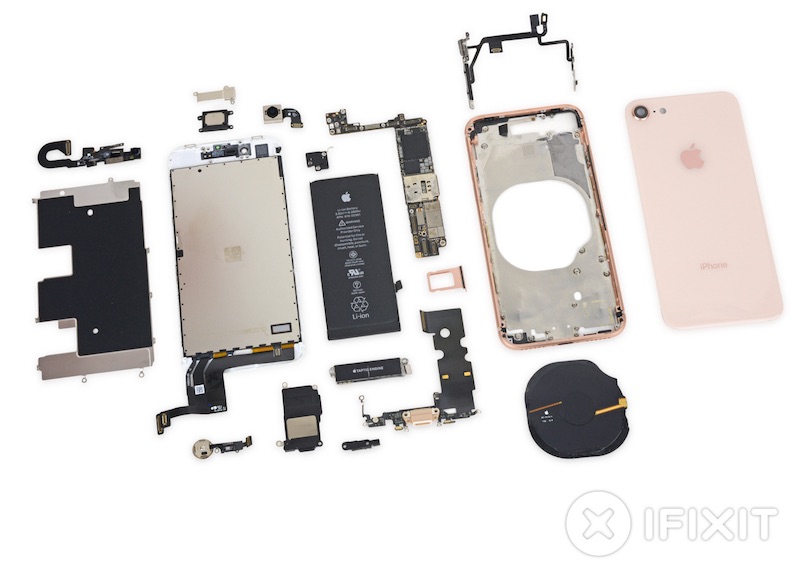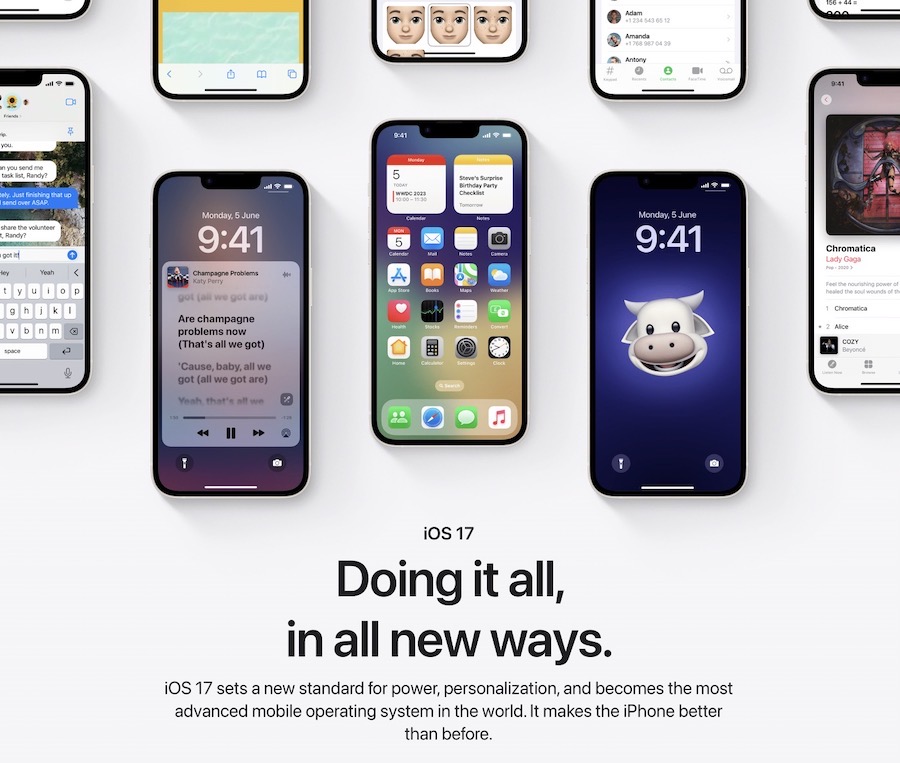
Increased iPhone Prices Due to More Expensive Manufacturing Costs: REPORT
Apple CEO Tim Cook has repeatedly dismissed bill of material estimates as incorrect, but that’s not stopping research firm IHS Markit to share its latest findings with industry analysts.

Just like every year, the company released its findings on the matter, concluding that both the iPhone 8 and iPhone 8 Plus are more expensive to make, which explains why Apple hiked the base price by up to $50 USD.
The iPhone 8 Plus components cost $288.08 USD, while manufacturing adds a $7.36 for a total of $295.44. That’s $17.78 USD more than the iPhone 7 Plus. Comparatively, the iPhone 8 bill of materials is $247.51 USD, $9.57 higher than the iPhone 7. Costs for software and research and development aren’t factored in these estimates.
IHS said that the iPhone 8’s biggest improvements concern the camera, memory, and processor. “The added value went to memory, camera, and processing,” said IHS analyst Wayne Lam. “That’s where we can materially identify where they’ve improved the overall product, and hence why they can command a higher price for it.”
Compared to iPhone 7 pricing, the wireless charging module increases costs by $2 USD, the A11 Bionic chip costs $5 more, and the larger 256GB storage options increase prices by $6.
These estimates also only look at raw component costs and do not take into account other iPhone manufacturing expenses like research and development, software creation, advertising, and distribution, so this information, while interesting, is not an accurate measurement of Apple’s profit margin for the iPhone 8 and the iPhone 8 Plus.
The IHS estimates should be taken with a healthy dose of skepticism. Cook has in the past denounced supply chain guesstimates, saying he has never seen a breakdown “that’s even close to accurate.”

